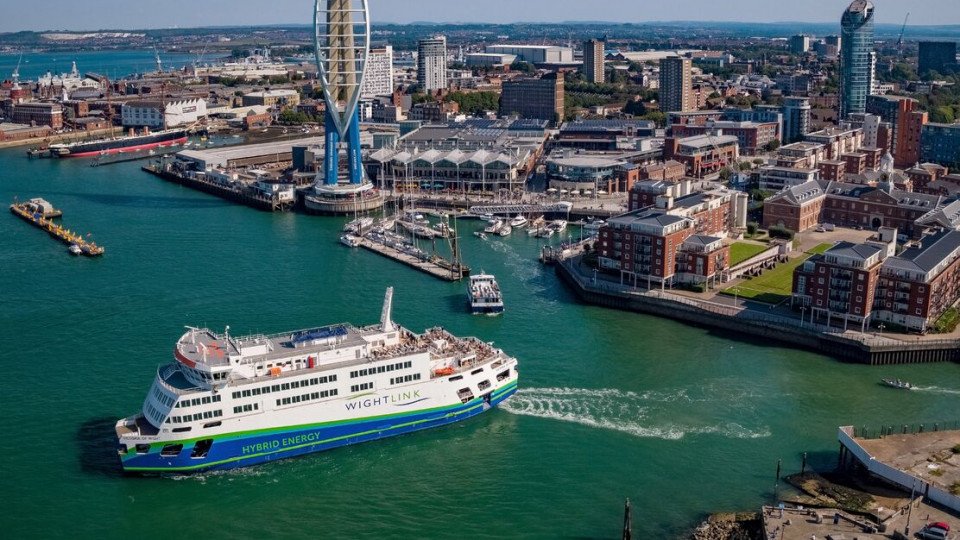Regarding emissions consideration, unpredicted fuel prices, and searching for alternative fuels, leading to a shift in green ferries in the ferry and RoPax sector. Ferry market is more flexible towards to introduction of alternative fuels compared to ocean-going sector. This applies especially to ferries operating on local routes where fuel availability can be secured with less risk while several cases local market conditions can favor the implementation of some fuel types like LNG, fuel cells, electrification, battery technology etc. Among the possible alternatives, fuel cells are considered to be one of the most promising future technologies.
Ferries which use fuel cell drives also offer quiet, zero-emission operation. They can be used in ecologically sensitive waters and offer the potential for the development of regional tourism. Low or zero emission propulsion is now a requirement in many passenger vessel tenders, the key point of victory is generally laid under innovative promissory of alternative fuels and energy sources.
Researches and ground-breaking new buildings with the funding for LNG and alternative fuels and propulsion systems and with the help of gradually normalized energy storage systems (ESS) and Classification Societies gained a lot of experiences of LNG, electric and hybrid power solutions. Furthermore, the classification societies are interested and focused on the fuel cell technology over a decade to reach future-proof vessels. The European Union, China, Japan, and the United States are noticeably moving on hydrogen fuel cell powering systems and promoting their technologies.
A fuel cell utilizes basic electrolytic properties of oxygen and hydrogen molecules to produce electricity. The transfer of electrons between the molecules can be used to supply direct current (DC) power. The supplied electrical power will be continuous as long as both oxygen and hydrogen flows are maintained and constant. The only waste byproduct produced by this ideal system is water.
There can be a direct supply of hydrogen, but at present hydrogen bulk storage is problematic and the infrastructure is lacking. Hydrocarbons and alcohol fuels, which are readily available, convert to hydrogen by a reformer, then fed to fuel cell. Since hydrogen storage is quite difficult and dangerous, methanol is possible alternative for powering fuel cells with conversion to hydrogen. The biggest benefit of using methanol is that, it can be stored in a normal tank, no need to be cryogenic or type C tank. Besides the advantageous side of the methanol is a cost-effective alternative marine fuel and also worldwide availability through the existing global infrastructure, also significantly reduces sulphur oxides, nitrogen oxides, particulate matter and black carbon emissions.
Although the fuel cell technology has a potential for ship propulsion in the medium to long-term, there are some major drawback for that technology. There are still numerous researches, newbuilding and retrofitting projects for examine and develop fuel cells if they feasible for marine usage.

Victoria of Wight is the brand new and the largest ferry of the Wightlink fleet and has unique features in most ways..

Autonomous system has started in the land based projects and it is a manner of time that it will be applied on the ships..